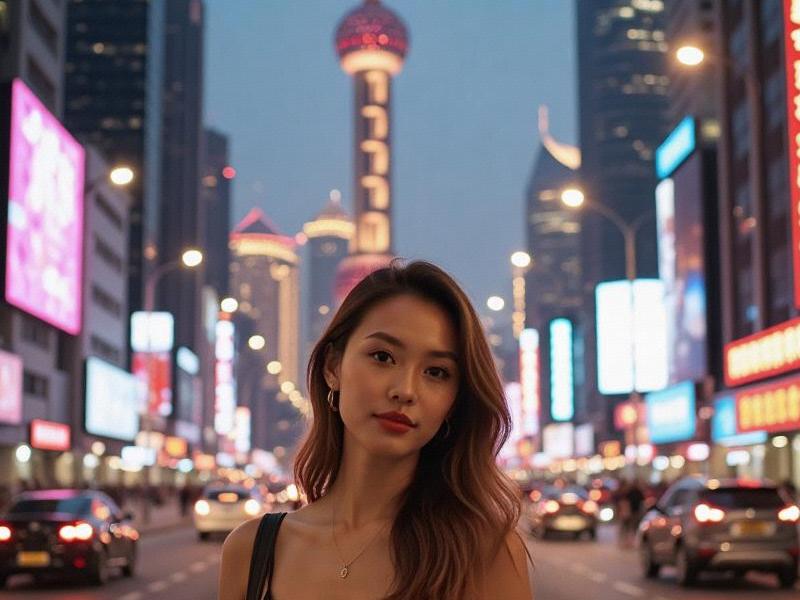This investigative feature explores how Shanghai's high-end entertainment clubs have evolved into sophisticated cultural hubs blending Eastern hospitality with global nightlife trends in post-pandemic Shanghai.

The glow from the 68th floor of the newly opened Cloud 9 club illuminates the Huangpu River like a beacon of Shanghai's transformed nightlife economy. What was once a city known for underground speakeasies and expat bars has matured into Asia's most sophisticated nightlife destination, where entertainment venues now generate an estimated ¥18.7 billion annually.
At the forefront of this transformation are venues like Cloud 9, which combines a members-only lounge with a contemporary art gallery and Michelin-starred pop-up kitchens. "Modern club-goers want more than just bottle service and EDM," explains managing director Vivian Zhou, a veteran of London's Annabel's. "We're curating complete cultural experiences - last month we hosted a jazz performance synchronized with drone light shows over the Bund."
Shanghai's club scene has developed distinct characteristics that set it apart from other global cities:
上海龙凤419油压论坛 1. The Membership Economy
Elite venues now operate on strict referral-based systems, with initiation processes resembling private clubs more than traditional nightclubs. The prestigious Dragon Phoenix Club reports a 14-month waiting list for its ¥288,000 annual membership.
2. Tech-Infused Experiences
Augmented reality menus, blockchain-based member verification, and AI-powered sound systems have become standard. At digital pioneer Club Mirage, facial recognition grants access while adjusting lighting and music preferences automatically.
上海花千坊爱上海
3. Cultural Hybridization
Successful venues now seamlessly blend Eastern and Western elements. The popular "Jing'an Social" features Peking opera performances remixed by resident DJs, while its cocktail menu reinterprets baijiu through molecular mixology.
The municipal government's 2024 Nighttime Economy Initiative has further stimulated growth, relaxing some operating restrictions while implementing rigorous quality standards. Over 120 "nightlife ambassadors" now patrol entertainment districts to ensure safety and service quality.
上海品茶网
However, challenges persist. Rising real estate costs have pushed many historic venues out of the Former French Concession, while increased competition forces constant innovation. "You can't just rely on celebrity appearances anymore," notes nightlife consultant Mark Henderson. "Shanghai's clientele are the most discerning in Asia - they want authenticity and exclusivity."
As Shanghai prepares to host the 2025 Global Nightlife Summit, its entertainment scene stands at an interesting crossroads between luxury playground and cultural incubator. For industry observers, one thing remains clear: Shanghai's clubs aren't just following global trends anymore - they're setting them.